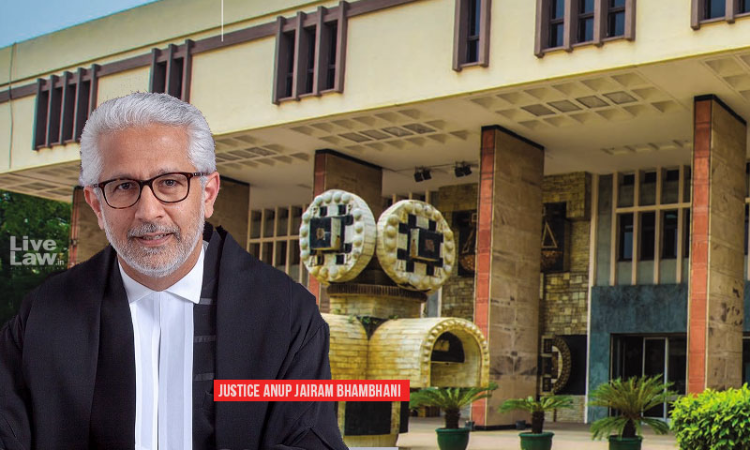If MoU Arises Out Of An Agreement Containing Arbitration Clause, Reference Of MoU Is Valid: Delhi High Court
Parina Katyal
3 Jun 2022 6:15 PM IST

Next Story
3 Jun 2022 6:15 PM IST
The Delhi High Court has ruled that where an MoU has been signed by the parties for settlement of dues arising under an agreement, arbitration can be sought for violation of the terms of the MoU, even if the MoU does not contain an Arbitration Clause. The Single Bench of Justice Anup Jairam Bhambhani held that since the MoU was a part of the dispute covered by the Arbitration...
